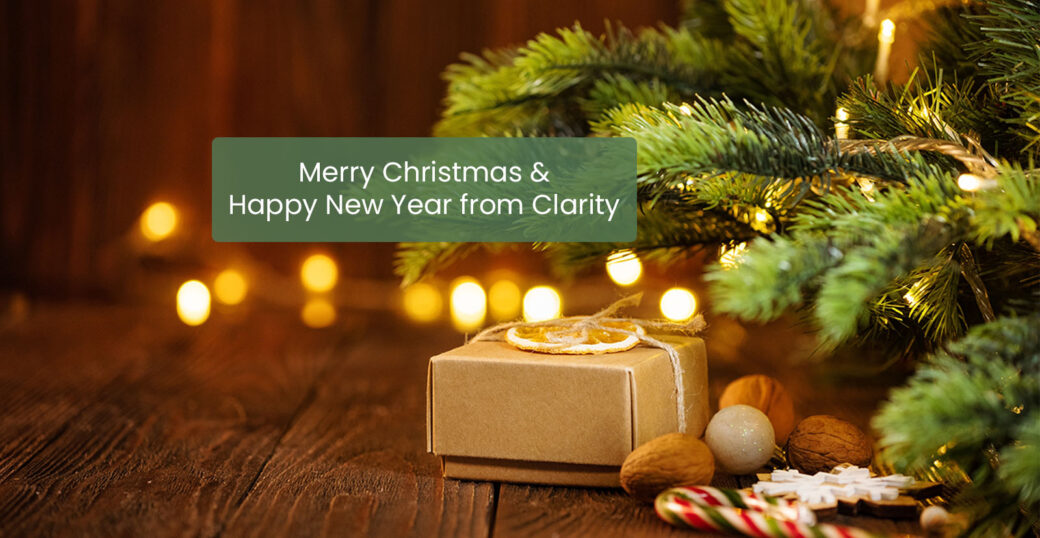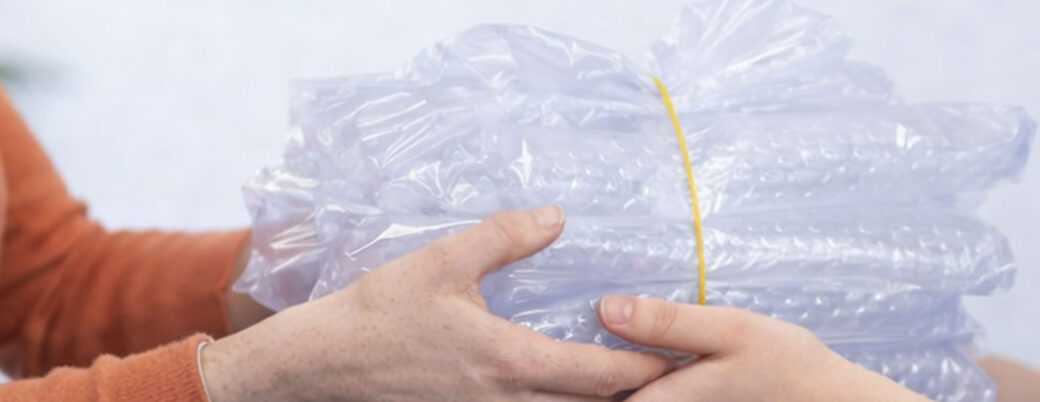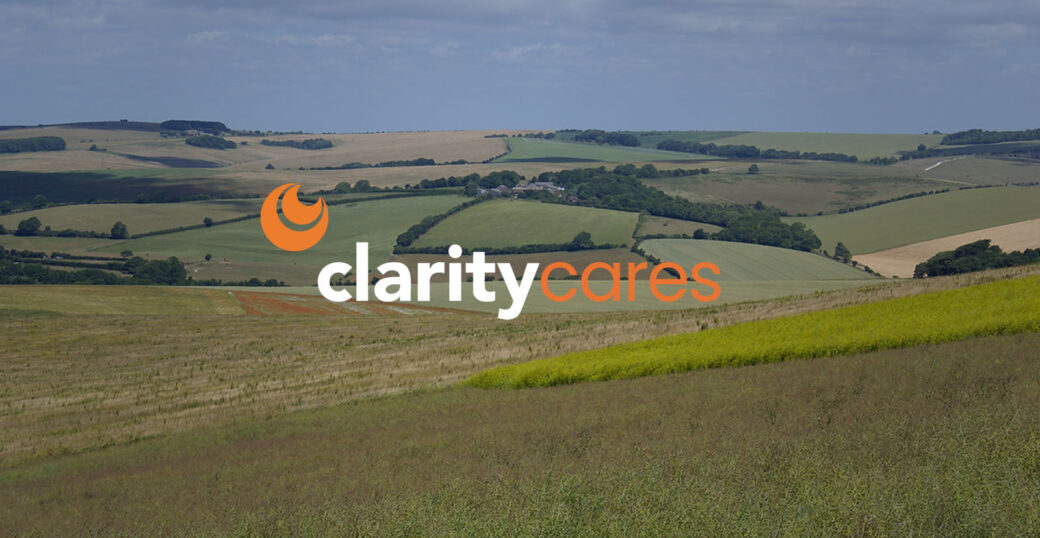Defra has launched it’s Open Scope’ consultation, which will lead to a change in the way some types of waste electrical and electronic equipment (WEEE) are classified.
The consultation opened on 20 October 2017 and will incorporate changes that are necessary under the Open Scope requirements of the WEEE Directive, which was incorporated into UK law as part of the 2013 WEEE Regulations.
‘Open Scope’ is a concept that means all electrical and electronic equipment (EEE) will be classed within the scope of the regulations from January 2019. This broadens the regulations to include the types of EEE not previously mentioned within the legislation, and will result in the current 14 categories being converted into just six categories.
The three potential options that are currently being considered to implement this change are as follows, with Defra currently minded to go with option 2:
Defra says that the current overall costs of WEEE collection and recycling will not change from a change in categories, but it would alter the distribution of the amount each producer of household equipment is required to pay.
The consultation also proposes to make it compulsory for all WEEE compliance schemes to become members of the Producer Compliance Scheme Balancing System.
Known as the PBS, the initiative was set up last year in response to changes to the WEEE Regulations in 2014, which require producer compliance schemes to fully cover the costs of collection, treatment, recovery and environmentally-sound disposal of WEEE deposited at designated collection facilities (DCF) where the council cannot find a willing compliance scheme partner. The PBS ensures that the requests from councils can be dealt with collaboratively.
Membership of the PBS has been voluntary for schemes. However, Defra is proposing to put it on a statutory footing, amid claims that: “there are concerns raised by a number of stakeholders that the financial burden of such requests is not shared proportionately across the entire producer community given that some PCSs have chosen not to join the PBS.”
Clarity signed up to the PBS initiative when it was formed and Project Manager for our WEEE scheme, Vikkie Fitzgerald, said it was important for our members, and our own business, that we joined:
“The PBS allows a fair approach to collecting WEEE, with all of the producer compliance schemes who are involved sharing the load to support council sites to get the safe and fast service they require.
“The scheme removes the risk of compliance schemes being inundated with WEEE they do not need and also ensures that producers of new electrical and electronic equipment are involved in the local recycling of their end of life items, in turn helping to protect our environment. Importantly, the PBS limits the financial burden of Regulation 34 for our scheme, and therefore the producers who are members of our schemes.”
The consultation document also mentions proposals from the Environment Agency to increase charges for obligated producers of EEE. The EA is due to launch a ‘strategic review of charges’ in the autumn, outlining plans for its charges levied on businesses in England for next year.
The supporting document can be viewed online, where you can have your say on the proposals until close of play on Friday 8 December 2017. We will continue to keep our members informed throughout the process.
Our WEEE compliance scheme provides members with low cost and simple compliance, alongside unrivalled member support. If you would like to discuss your compliance needs, or would like to join our Recycle with Clarity WEEE recycling network, get in touch on 0845 129 7177.



